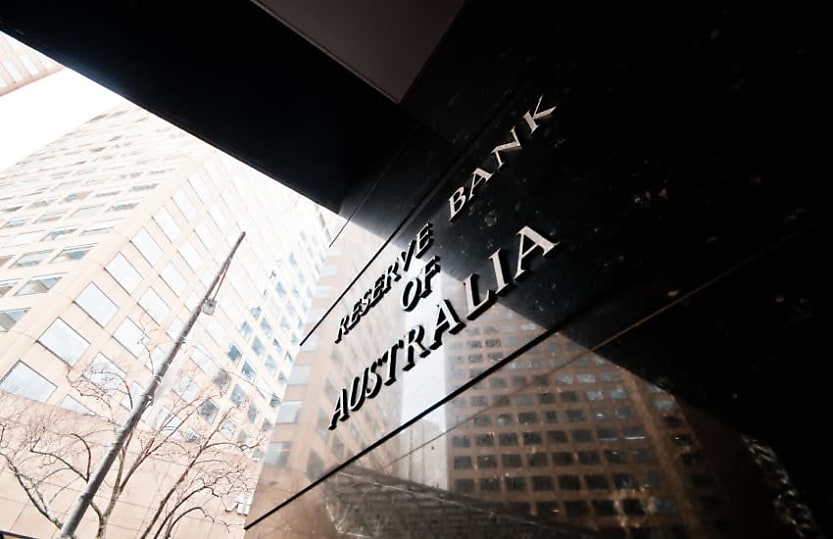Economists confident of rate cuts despite hawkish RBA

The central bank refuses to rule out hikes to combat inflation, but commentators believe all indicators point to relief as early as mid-year.
Experts are unsurprised by the RBA’s decision to leave rates unchanged and predict rate cuts to come “sooner rather than later” despite a hawkish tone in the bank’s monetary statement.
The bank held rates at a 12-year high of 4.35 per cent for the second month in a row due to slowing economic indicators such as lower-than-expected goods price inflation but refused to rule out further hikes to achieve its inflation target of 2 to 3 per cent.
CreditorWatch chief economist Anneke Thompson expected a rate cut “some time in the middle of the year, rather than the latter half,” in line with central banks in the US, UK and Europe.
“All indicators point to inflation falling faster than last year’s forecasts,” she said, and a rapid uptick in the unemployment rate could also prompt the RBA to bring rate cuts forward to preserve employment gains achieved since the pandemic.
“Thus far, strong employment and a low unemployment rate have given the board confidence that their monetary policy settings are not adversely impacting the jobs market,” Ms Thompson said.
“However, monthly hours worked by Australians peaked in June 2023, and has been on a downward trend since. Businesses are also reporting capacity utilisation edging downwards, which is a good forward leading indicator of higher unemployment.”
In its cash rate decision yesterday, the RBA said goods price inflation eased more than expected due to a moderation of domestic demand, and services price inflation also continued on a “gradual” decline in line with its forecast.
However, it said “it will be some time yet before inflation is sustainably in the target range”, and that it was “resolute in its determination to return inflation to target and will do what is necessary to achieve that outcome”.
BDO economics partner Anders Magnusson said inflation would return to target more quickly than the RBA’s expectations. “The first cash rate cut is looking closer every day,” he said.
“We expect that the next forecast by the RBA will show inflation returning to the target range more quickly than expected, suggesting that a cut is also closer than expected.”
Mozo finance expert Rachel Wastell said the comparison site’s database showed another rate hike was “unlikely” despite the hawkish tone of the RBA’s monetary policy decision.
“While the RBA made it clear a further increase in the cash rate can't be ruled out, moves on the Mozo database do make another hike seem unlikely,” Ms Wastell said.
“Lenders have been slashing fixed rates as they anticipate a rate cut, and the fact the cuts favour shorter terms indicates they're predicting at least one cut will come within the next year.”
RSM chief economist Devika Shivadekar said the RBA’s conservative language was necessary to manage inflation expectations.
“Providing hope of a rate cut too early, could instil too much confidence in households and businesses, which could potentially spur spending,” Ms Shivadekar said.
She said RSM predicted the cash rate would be cut by the third quarter of 2024.
In a press conference following the RBA’s decision yesterday, RBA governor Michele Bullock said inflation was “hurting everyone” and would not rule anything “in or out” to bring it under control.
“We have maintained that there might be another rate rise, but there might not be either. Nothing is in, nothing is out. The options need to be maintained because we need to be driven by the data.”
“I understand mortgage holders are sweating but the big issue confronting everyone is inflation … what’s really important here is that we address that issue first.”
About the author







